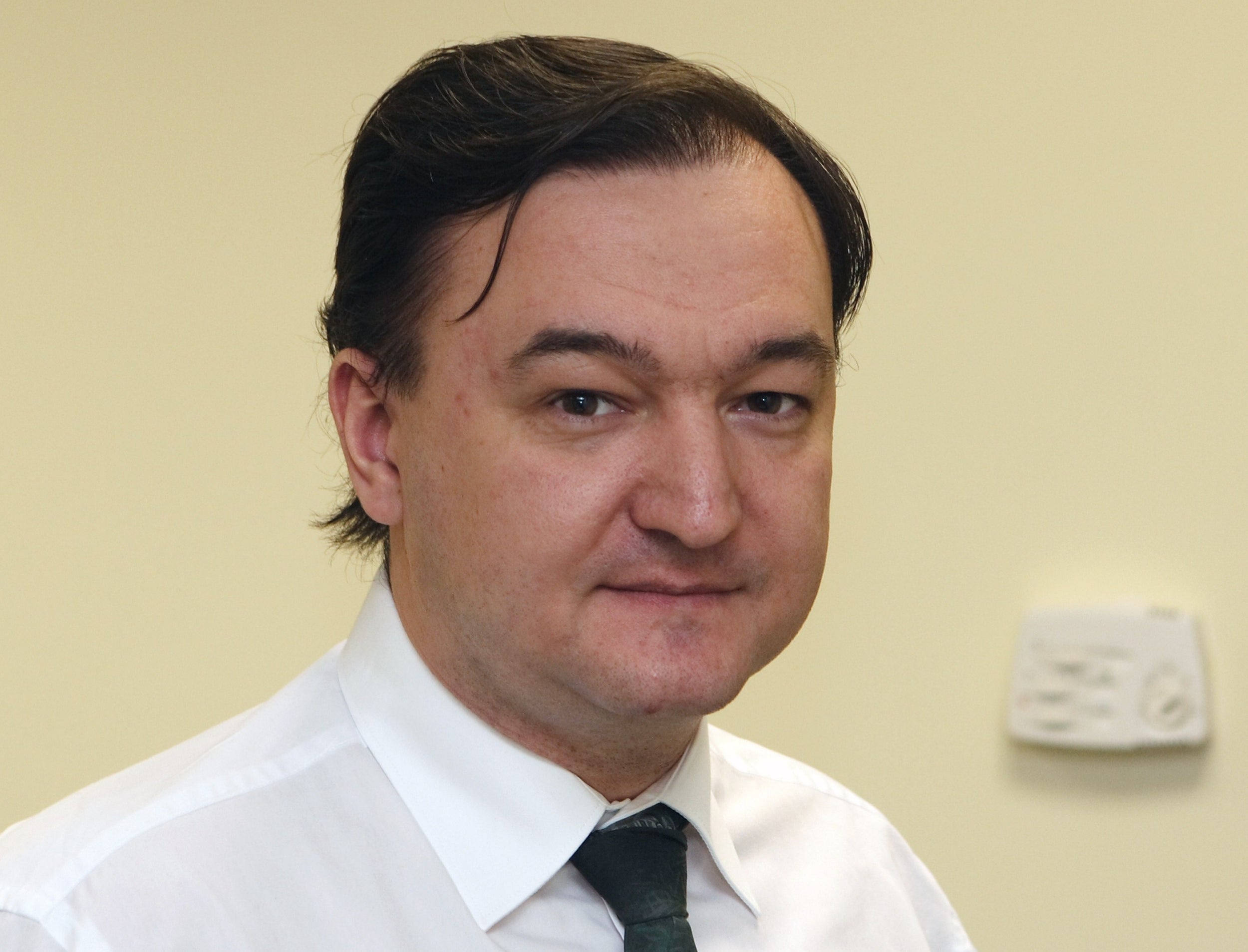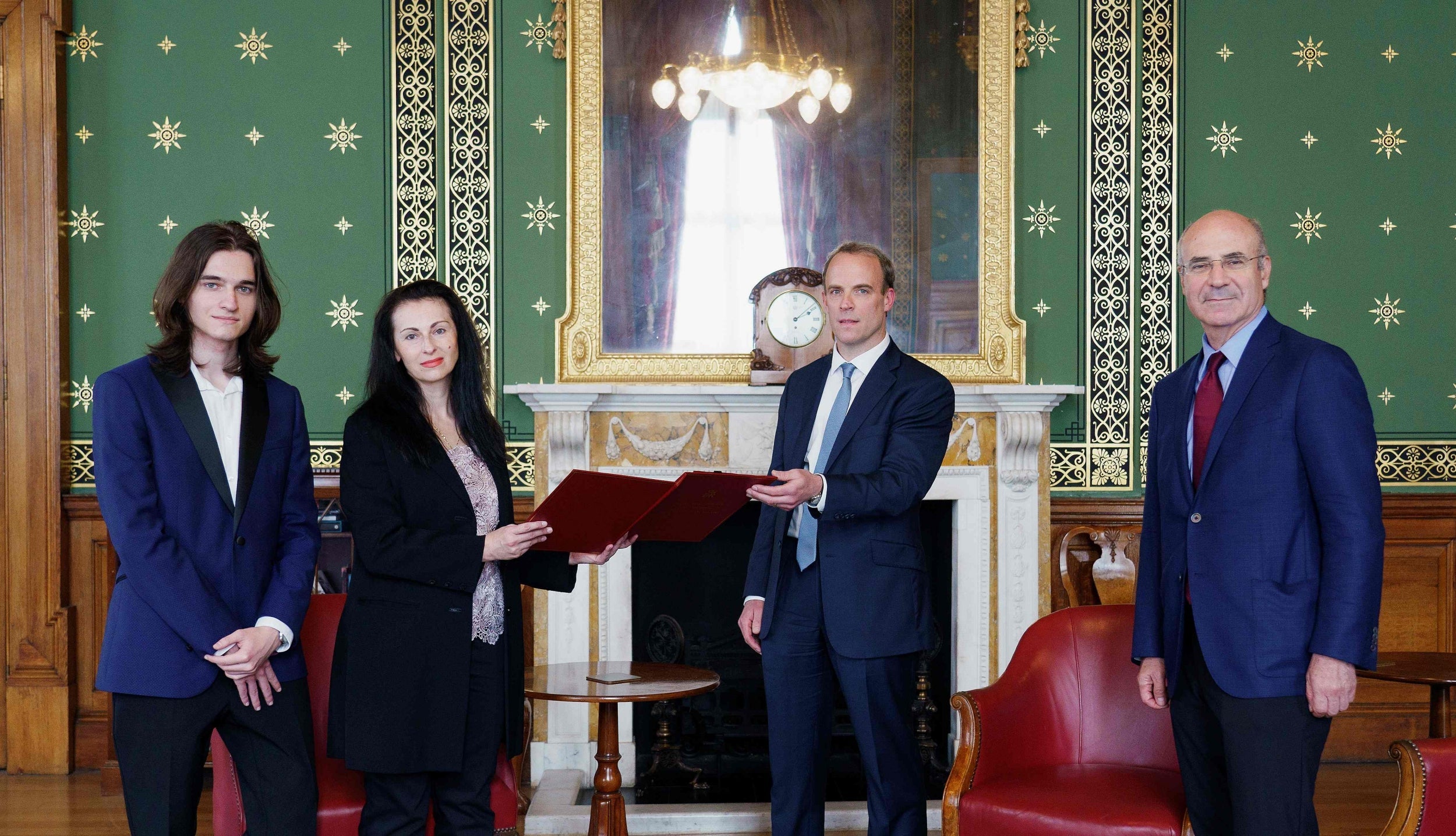UK to impose sanctions on individuals for alleged human rights abuses
Those targeted will have assets frozen and will be banned from entering UK
The murderers of whistle-blowing Russian auditor Sergei Magnitsky and Saudi journalist Jamal Khashoggi, as well as those responsible for the persecution of Rohingya Muslims in Myanmar and running the prison camps of North Korea, are to be included on a new list of individuals targeted for sanctions by the UK, the foreign secretary Dominic Raab has announced.
The sanctions involve asset freezes and travel bans directed at foreign nationals accused of human rights abuses, preventing them from entering the UK and moving money though institutions in the country.
The UK’s new Magnitsky Act-style framework will target “the world’s worst human rights violators and abusers, and those complicit in their crimes”, said the Foreign Office.
Mr Raab faced calls from a string of MPs in the House of Commons to add to the list Chinese officials responsible for the detention of large numbers of Uighur Muslims in Xinjiang and for the repression of pro-democracy demonstrators in Hong Kong. Former Conservative party leader Sir Iain Duncan Smith said that Hong Kong’s chief executive Carrie Lam herself should be included.
The foreign secretary noted that the UK had led a recent statement at the Human Rights Council raising concerns about Xinjiang and Hong Kong, and said he would be ready to consider proposals for the addition of Chinese nationals “very carefully based on the evidence”.
Mr Raab told the House of Commons that the new sanctions regime “sends a very clear message on behalf of the British people that those with blood on their hands, the thugs and despots, the henchmen of dictators, will not be free to waltz into this country to buy a property on the Kings Road, to do their Christmas shopping in Knightsbridge or frankly to syphon dirty money through British banks or other financial institutions”.
He said: “With these first designations, this government – and I hope this House and this country – makes it crystal-clear to those who abuse their power to inflict unimaginable suffering, we will not look the other way, you cannot set foot in this country and we’ll seize your blood-drenched ill-gotten gains if you try.”

Following his announcement in parliament, Mr Raab was meeting the widow and son of Sergei Magnitsky, who died after 11 months of mistreatment in police custody in 2009 after raising allegations over massive tax fraud perpetrated by officials in Russia, along with his friend and colleague Bill Browder who has led the campaign for justice over his death.
Among those sanctioned for their involvement in Mr Magnitsky’s torture and murder are Russia’s former deputy interior minister Aleksey Anichin, investigators responsible for his case and officials and doctors at the prisons where he was held.
Intelligence and security officials in the office of Saudi Crown Prince Mohammed bin Salman are among 20 people sanctioned for their roles in the murder of journalist Khashoggi in Istanbul in 2018, including royal adviser Saud Al Qahtani and deputy head of the Saudi intelligence services Mohammed Al Asiri.

The commander in chief of Myanmar’s armed forces Min Aung Hlaing and second-in-command Soe Win are sanctioned for their role in the persecution of the Rohingya driven from their homes in 2017, while two North Korean security ministries are subjected to asset freezes for their involvement in murder, torture and slave labour in the country’s prison camps.
In a statement released ahead of the announcement, the Foreign Office said the measures would also allow the UK to target organisations around the world.
It is the first time that Britain has sanctioned people or entities for human rights violations and abuses under a UK-only regime, rather than as part of a EU or United Nations regime.
The department added that those who have killed journalists and media workers may be the future targets of the post-Brexit sanctions.
“Future targets of the regime may include those who commit unlawful killings perpetrated against journalists and media workers, or activity motivated on the grounds of religion or belief,” the Foreign Office said.
In response to the sanctions, Rebecca Vincent, the director of International Campaigns at Reporters Without Borders, said on Twitter that it was “excellent news”, adding that her organisation would closely monitor the amendment’s application.
The new sanctions framework has been described as the Magnitsky amendment in reference to a 2012 US law which imposed asset freezes and visa bans on Russian officials who were thought to have played a role in the tax auditor’s death.
Join our commenting forum
Join thought-provoking conversations, follow other Independent readers and see their replies
Comments
Bookmark popover
Removed from bookmarks